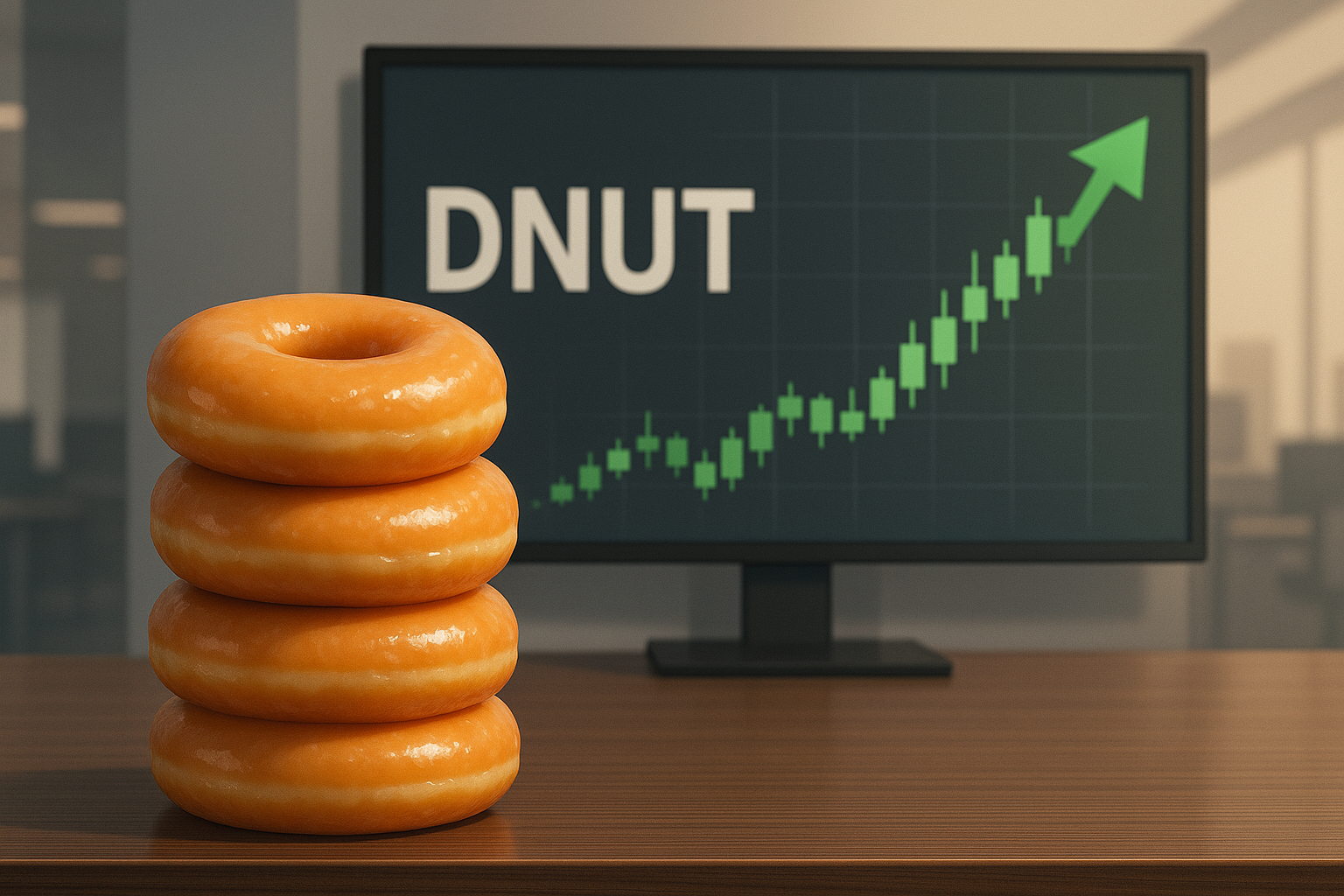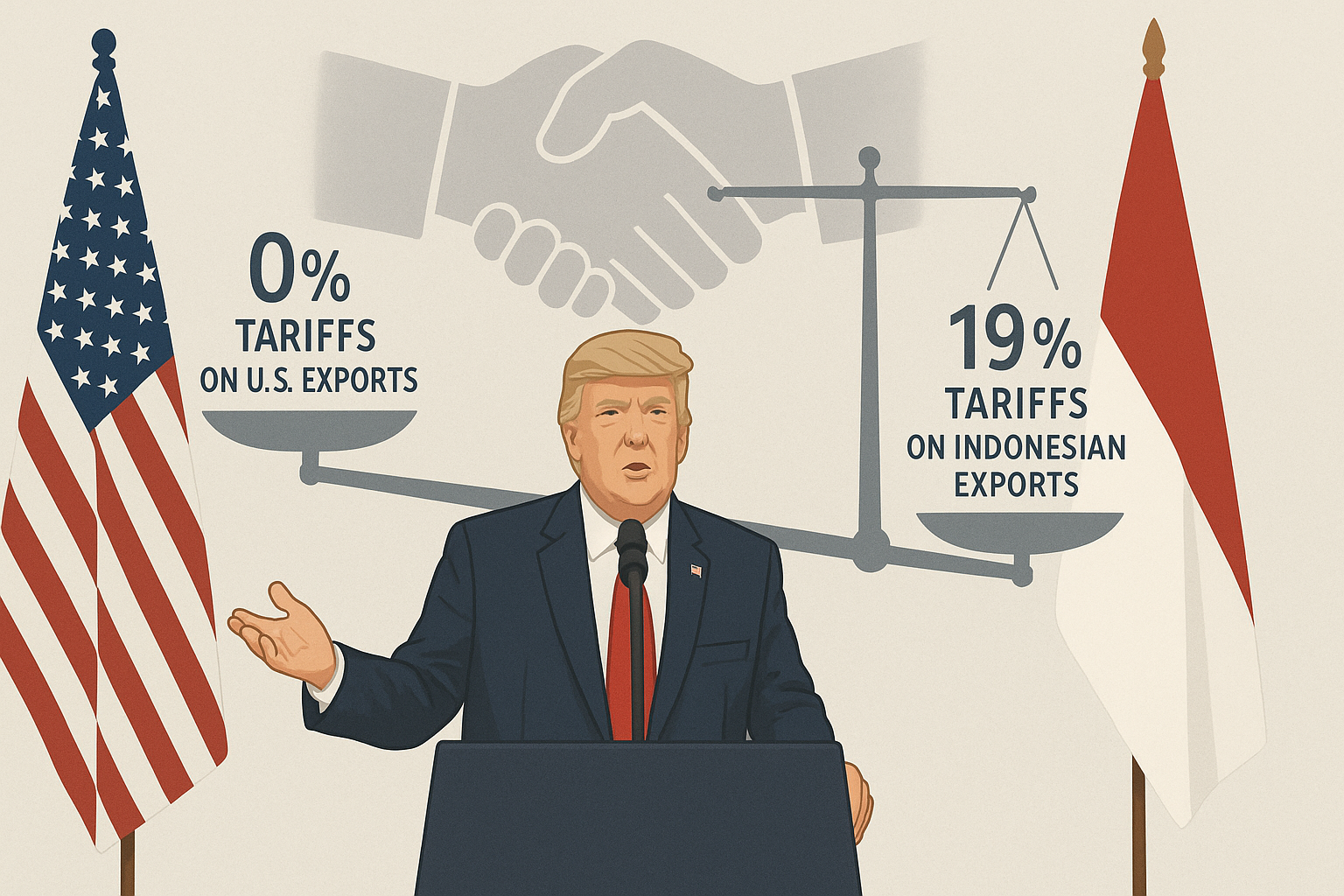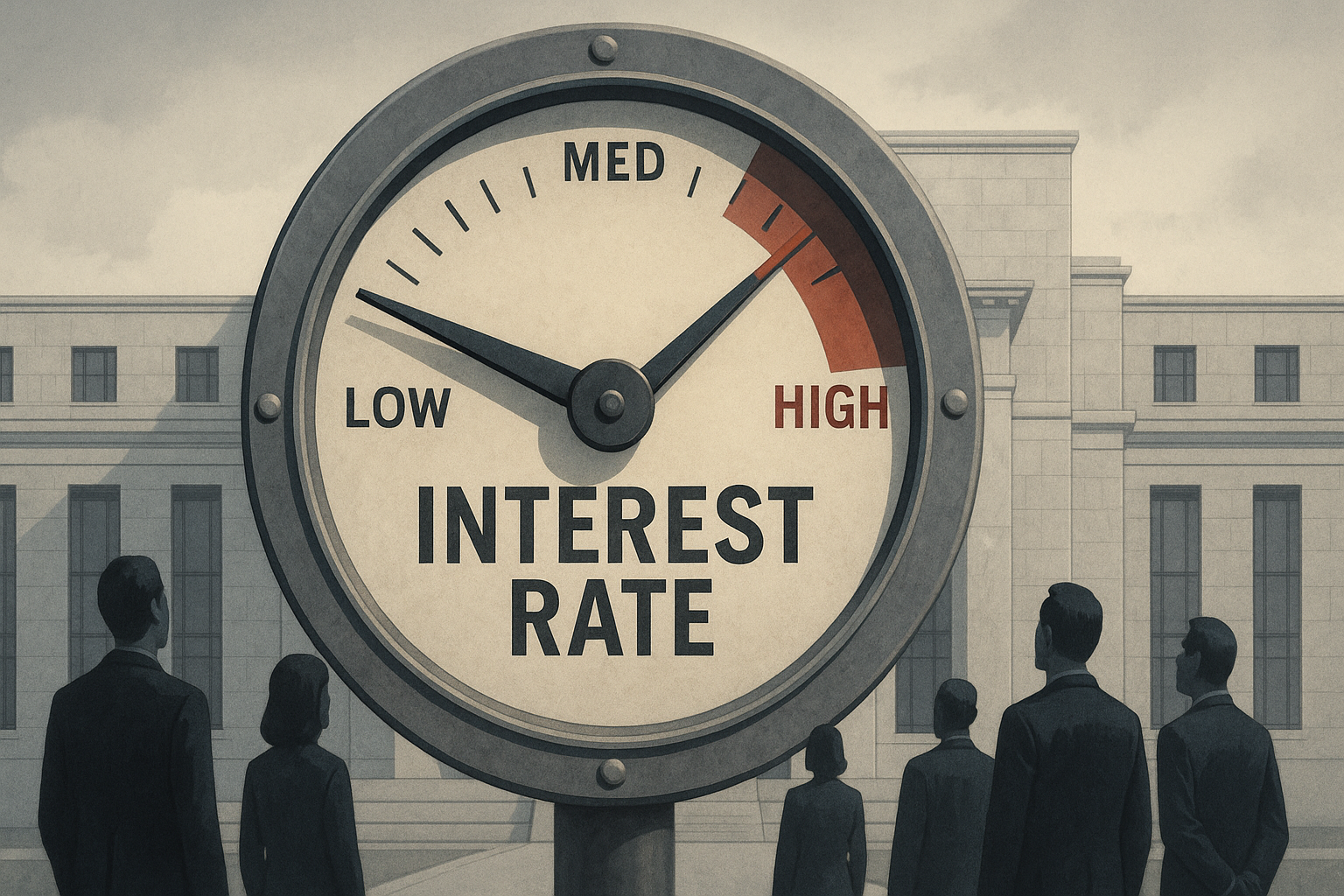America's long reign as the darling of international investors appears to be cracking. In what some market analysts are calling a seismic shift, foreign investors are dumping U.S. stocks faster than at any point in recorded history.
I've been tracking cross-border capital flows for nearly a decade, and I've never seen anything quite like this.
The exodus isn't subtle. It's a full-blown stampede—the financial equivalent of watching concertgoers suddenly realize the venue might be on fire. One minute, international money managers couldn't get enough American equities; the next, they're tripping over themselves to reallocate elsewhere.
Why now? That's the million-dollar question (or trillion, given the scale we're talking about).
For years—hell, for most of the past decade—U.S. markets enjoyed what I'd call the financial world's equivalent of gravity-defying celebrity status. Tech giants boomed, policies remained accommodative, and despite political drama that would make a telenovela writer blush, America's economic engine kept purring along.
This created a self-reinforcing cycle. Strong performance attracted foreign capital, which further boosted performance, which attracted more capital... you get the picture.
But cycles, by definition, eventually break.
"The U.S. market had become the financial equivalent of a one-way street," explained Mira Kowalski, chief investment strategist at Wellington Global Partners, when I spoke with her yesterday. "Now we're seeing a significant correction in that thinking."
The timing is particularly interesting given that many American companies continue posting decent earnings. Corporate America is actually buying back its own stock at a healthy clip—essentially saying "we'll take what you're selling" as foreign investors rush for the exits.
Look, market rotations aren't new. They happen with a predictable unpredictability, if that makes any sense. Remember the emerging markets crisis of 2013? Or the European sovereign debt panic before that? Capital sloshes around global markets like water in a bathtub—always seeking equilibrium but rarely finding it.
What's driving the current shift? Several factors have converged:
Inflation worries that won't quit. Interest rate hikes that make bonds look attractive again (shocking, I know). Tech stock valuations that stretched to levels that would make a rubber band nervous. Political uncertainty that... well, that's a whole separate article.
Meanwhile, international alternatives suddenly look appealing. European markets—long the awkward middle child of global investing—have valuation profiles that actually make mathematical sense. Japan, after what felt like centuries of stagnation, is showing genuine signs of structural reform. Emerging markets offer growth potential that mature economies simply can't match.
A market analyst I've known for years put it bluntly over coffee last week: "America got expensive, other places got cheap. Eventually, money notices."
The real question—and I've been turning this over since the data first crossed my desk—is whether this represents a temporary rotation or something more fundamental.
History suggests these shifts tend to be cyclical rather than permanent. When sentiment turns, positioning follows, often overshooting in the process. (Markets, as any honest practitioner will tell you, are much better at overreaction than subtlety.)
There's also the not-insignificant matter of domestic buyers. As foreigners sell, who's on the other side of the trade? If U.S. institutional and retail investors are stepping in, this might simply represent a transfer of ownership rather than a wholesale devaluation.
I find it fascinating how these capital flow reversals expose assumptions we didn't even realize we were making. American market dominance had become so entrenched in the investment psyche that questioning it felt almost heretical.
Now we're forced to reconsider the narrative.
In the meantime, American markets might need to adjust to life without being the automatic first choice for global capital—somewhat like a popular restaurant suddenly finding itself with open tables after years of impossible reservations.
Bit of a blow to the ego? Perhaps. Potentially healthier for long-term market function? Probably.
After all, nothing sharpens focus quite like competition—even for the world's largest economy.




